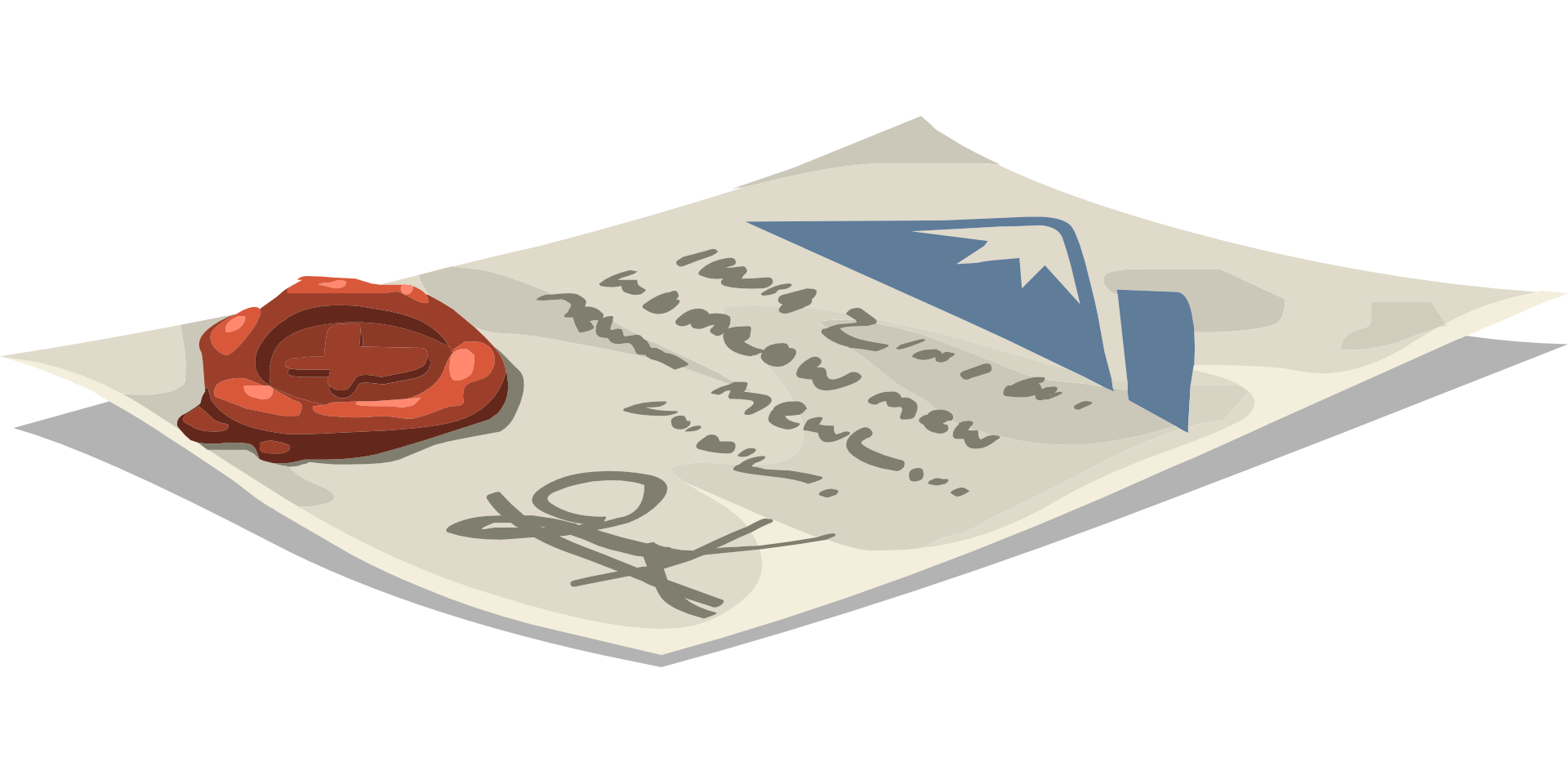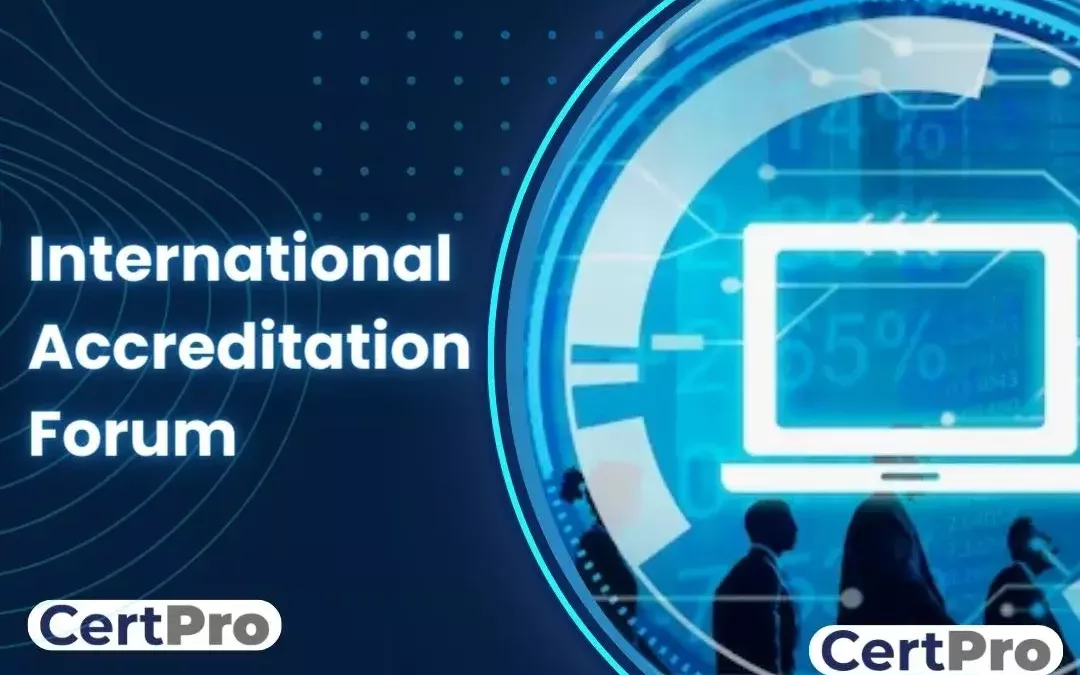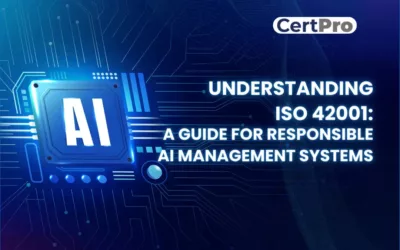International Accreditation Forum is the association of Conformity Assessment Accreditation Bodies and other bodies interested in conformity assessment in the fields of Management systems, products, services, personnel, and other similar programs. Its primary function is to develop a single worldwide program of conformity assessment which reduces the risk for business and its customers by assuring them that accredited certificates may be relied upon.
What is IAF?
IAF – International Accreditation Forum
IAF is a group of members that includes industry representatives, accreditation bodies and technical advisors from various parts of the world related to ISO and standards.
IAF History & the Role of IAF in ISO?
28 January, 1993 was the date of the meeting that resulted in the formation of IAF. This was the beginning. The outcome of the meeting laid a platform to create a forum. Participants and observers at that first meeting represented organizations that we know today as ANSI, RvA, UKAS, JAS-ANZ, SCC, ANAB and JAB.
Some of the key dates are as follows:
- January 1998— IAF by-laws are formally adopted.
- 22 January 1998— the first MLA for QMS.
- 27 September 1998— IAF was legally incorporated in the state of Delaware in the US.
- November 2000— IAF Charter was adopted and published.
- November 2001— the new structure of IAF, as exists today was announced and implemented. This was also the first joint general assembly with the ILAC.
- 11 November 2003— IAF Code of Conduct
- 9 October 2004— MLA for EMS and Product
IAF has evolved from 6 accreditation bodies from their first meeting in 1993 to 66 accreditation bodies, 18 association members and 4 regional co-operations, with two new regional co-operations in development.

THE RELATIONSHIP BETWEEN ISO AND IAF
ISO – International Organization for Standardization
ISO is an independent non-profitable organization, composed of representatives from various national standard organizations. The main objective of ISO is to facilitate world trade by providing common standards between nations.
ISO recommends IAF-recognized compliance for organizations. IAF recognized certificates can be verified and accepted by most government bodies across multiple countries.
Why IAF?
IAF works to find the most effective way of achieving a standard system. This will allow companies with such accredited conformity assessment certificate in one part of the world to be recognized by all other nations.
IAF is worldwide recognized and the certificates issued by accreditation bodies under IAF are equally accepted in any part of the world. Additionally, all certificates under IAF accredited conformity assessment can be verified & validated.
Benefits of IAF
Accreditation bodies all over the world, which have been evaluated by pioneers as competent, have signed an arrangement that enhances the acceptance of products and services across national borders.
The purpose of the arrangement, the IAF Multilateral Recognition Arrangement (MLA), is to ensure mutual recognition of accredited certification between signatories to the MLA and subsequently the acceptance of accredited certification in many markets based on one accreditation.
The Scope
Currently, there are four major scopes for the IAF MLA:
- Management Systems Certification
- Product Certification
- Certification for Individual
- Validation and Verification
For Government – The IAF MLA provides governments with a reputable and strong framework on which to develop and enhance government-to-government bilateral and multilateral international trade agreements. The long aim is total accepted use and recognition by each and every industry (public and private), of an accredited certification, together with certificates from alternative countries. The main objective is to realize free-trade goal (certified once & accepted everywhere).
For Regulators – The IAF MLA represents an internationally recognized ‘stamp of approval’ to demonstrate compliance against approved standards and requirements. Gradually, the risk is minimized as decisions will be based on reliable certificates. Interested parties, such as government agencies, have recognized the importance of credible accreditation programs that are developed against internationally recognized standards. Accreditation and the IAF MLA help regulators meet their own legislated responsibilities by providing a globally recognized system to accept the accredited certification.
For Business – the IAF MLA provides businesses that are procuring products and services with greater trust & confidence in their consistency of quality. Businesses can, therefore, select suppliers with the knowledge that they will receive products and services that conform to a recognized standard.
Business Benefits– A website jointly developed by global quality infrastructure partners showcases how accredited conformity assessment is used around the world by businesses of all sizes and sectors, to deliver benefits positively. This site helps out with case studies, research papers and supporting materials to illustrate the value of adopting accredited standards. The examples published on the site cite tangible financial data to illustrate cost savings achieved. The cost savings can be attained through resource efficiencies or meeting regulation(s) at a lower cost, the value of accessing new markets or through recognition from interested parties such as insurers, regulators or purchasers.
For Manufacturers – Having products assessed and certified as conforming to a standard allows manufacturers and service providers to distinguish themselves from non-reputable suppliers, thereby creating a competitive advantage.
The IAF MLA ensures that standards, specifications and conformity assessment methods are the same, allowing one certificate or certification to be recognized around the world. This lowers the cost of accredited certification and reduces the risk of products or services being rejected by international trading partners.
For Consumers – Consumer confidence is gained from goods or services that have a mark or carry a certificate of conformity. The IAF MLA ensures that such goods and services placed on the market, from whichever country of origin, meets the required standards of quality and safety.
List of famous IAF members
IAS is a nonprofit, public-benefit corporation that has been providing accreditation services since 1975. As one of the leading accreditation bodies in the United States, IAS is a signatory to the three primary international organizations that form a unified system for evaluating and recognizing competent accreditation bodies worldwide.
Reference: https://www.iaf.nu/articles/IAF_Mem_USA_IAS/146
UKAS – United Kingdom Accreditation Service
It is the national accreditation body for the United Kingdom, appointed by the government, to assess organizations that provide certification, testing, inspection, and calibration services. UKAS is one of the oldest signatories initially started as British Calibration Service (BCS) in 1966.
Reference: https://www.iaf.nu/articles/IAF_MEM_United_Kingdom/111
EIAC – Emirates International Accreditation Centre
EIAC was established to replace the Conformity Assessment Accreditation Department at Dubai Municipality (formed in 2005) and assigned as an independent and official governing body for the accreditation of Conformity Assessment Bodies.
Reference: https://www.iaf.nu/articles/IAF_MEM_United_Arab_Emirates/68
NABCB – National Accreditation Board for Certification Bodies
NABCB is internationally recognized and represents the interests of the Indian industry at international forums through membership and active participation with the objective of becoming a signatory to international Multilateral/Mutual Recognition Arrangements (MLA/MRA).
Reference: https://www.iaf.nu/articles/IAF_MEM_India/469
HOW DOES THE NIST CYBERSECURITY FRAMEWORK FUNCTION, AND WHY IS IT IMPORTANT?
Emerging cyber threats make cybersecurity an essential consideration for organizations handling and managing data. In this regard, the NIST cybersecurity framework applies to improving your cybersecurity program. It is a set of guidelines that helps improve your...
UNDERSTANDING ISO 42001: A GUIDE FOR RESPONSIBLE AI MANAGEMENT SYSTEMS
The invention of artificial intelligence (AI) has changed the operational processes of many industries. However, the rapid growth of technology increases ethical, security, and privacy-related concerns. Therefore, the International Organization for Standardization...
EUROPEAN UNION’S ARTIFICIAL INTELLIGENCE ACT: HOW THIS GROUNDBREAKING LAW AFFECTS YOUR BUSINESS
Nowadays, Artificial Intelligence (AI) is transforming our lives exceptionally well. AI is now streamlining healthcare services, providing virtual assistance, and fulfilling queries. Technologies have boons and curses. Similarly, AI creates many concerns about...




